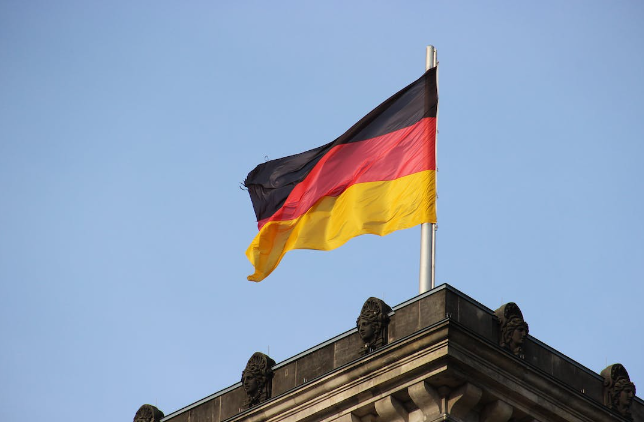Berlin [Germany], September 3: Politicians in the German states of Thuringia and Saxony began wrangling over potential coalitions on Monday after state elections saw big gains for the far-right Alternative for Germany (AfD), further complicating the already fractured state parliaments.
It appears likely that the centre-right Christian Democrats (CDU), who eked out a narrow victory on Sunday in Saxony and finished second to the AfD in Thuringia, will end up leading coalitions in both states.
AfD leaders tried to claim a mandate to govern on Monday, pointing to their clear victory in Thuringia and a close second-place finish in Saxony, according to preliminary results from state election authorities. It's not yet clear when final official results will be published.
Yet despite the AfD's show of strength, the insurgent far right appeared destined to be frozen out of government after every other party rejected the AfD as too extremist and again ruled out any possible deal with them.
German Chancellor Olaf Scholz called the AfD's show of strength a "bitter" result for the country and said people must not get used to far-right extremists capturing nearly a third of the vote.
"The AfD is damaging Germany. It is weakening the economy, dividing society and ruining our country's reputation," Scholz said in a post on Instagram on Monday, his first comments on Sunday's election results.
"All democratic parties are now called upon to form stable governments without right-wing extremists."
Scholz's unpopular three-party coalition saw losses on Sunday, raising worries about worsened infighting among ministers and leading some to even call for the government to break apart. The next nationwide parliamentary elections are scheduled for September 2025.
AfD wins big in Thuringia The AfD's breakthrough victory in Thuringia behind its firebrand state leader Bjorn Hocke marked the first time since the defeat of the Nazis in World War II that a far-right party has won a statewide election in the country.
Hocke, who's become well-known in Germany for his fiery extremist rhetoric and use of banned Nazi slogans, lost his own constituency election to a CDU rival and will only take a seat in Thuringia's parliament through the party list.
Hocke's bid to host coalition talks was pre-emptively rejected by every other party. Sahra Wagenknecht, the founder and namesake of the upstart Sahra Wagenknecht Alliance (BSW), denounced Hocke's "volkisch," or ethno-nationalist, world view as too fringe and extremist to consider.
Source: Qatar Tribune

